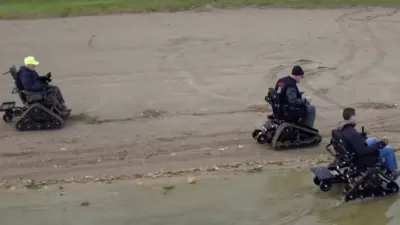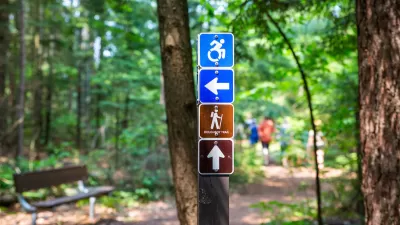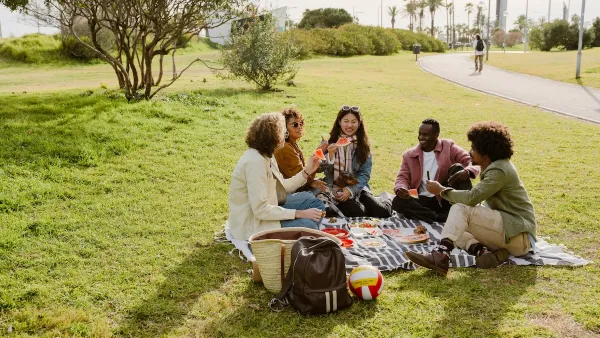Californians can continue to access state parks for free by borrowing passes from their local libraries, thanks to the renewal of a state program.
The state library park pass program in California has been renewed for another year, allowing residents to borrow passes from local libraries to access state parks for free. This decision comes despite the looming $45 billion budget deficit for fiscal year 2025. The program, which began two years ago, was saved thanks to the efforts of advocates who campaigned for its continuation. The renewed funding of $6.75 million will allow over 200 state parks to remain accessible to library cardholders, offering free parking for vehicles with up to nine occupants.
The initiative has been praised for its positive impact on low-income families and communities of color, making outdoor recreation more accessible to those who might not afford the usual entry fees. Rachel Norton, the executive director of the California State Parks Foundation, commended the legislature and the governor for restoring full funding to the program. Library officials, like Amy Boese from Merced County, highlighted the program's role in making family adventures achievable and promoting equity in access to California's natural beauty.
The popularity of the program is evident, with high demand for passes in various counties. For example, Orange County public libraries loaned out nearly 10,000 passes in the last year, while San Francisco libraries saw over 2,500 checkouts since the program's inception. Libraries have also developed additional services around the passes, such as educational programming and lending out backpacks with nature guides and binoculars. Boese emphasizes that the program aligns with libraries' mission to foster lifelong learning through both reading and experiences, ensuring that libraries are gateways to broader educational and recreational opportunities.
FULL STORY: Libraries can still offer free passes to California parks, thanks to budget deal

Maui's Vacation Rental Debate Turns Ugly
Verbal attacks, misinformation campaigns and fistfights plague a high-stakes debate to convert thousands of vacation rentals into long-term housing.

Planetizen Federal Action Tracker
A weekly monitor of how Trump’s orders and actions are impacting planners and planning in America.

In Urban Planning, AI Prompting Could be the New Design Thinking
Creativity has long been key to great urban design. What if we see AI as our new creative partner?

How Trump's HUD Budget Proposal Would Harm Homelessness Response
Experts say the change to the HUD budget would make it more difficult to identify people who are homeless and connect them with services, and to prevent homelessness.

The Vast Potential of the Right-of-Way
One writer argues that the space between two building faces is the most important element of the built environment.

Florida Seniors Face Rising Homelessness Risk
High housing costs are pushing more seniors, many of them on a fixed income, into homelessness.
Urban Design for Planners 1: Software Tools
This six-course series explores essential urban design concepts using open source software and equips planners with the tools they need to participate fully in the urban design process.
Planning for Universal Design
Learn the tools for implementing Universal Design in planning regulations.
Gallatin County Department of Planning & Community Development
Heyer Gruel & Associates PA
JM Goldson LLC
Mpact (founded as Rail~Volution)
City of Camden Redevelopment Agency
City of Astoria
Jefferson Parish Government
Camden Redevelopment Agency
City of Claremont





























